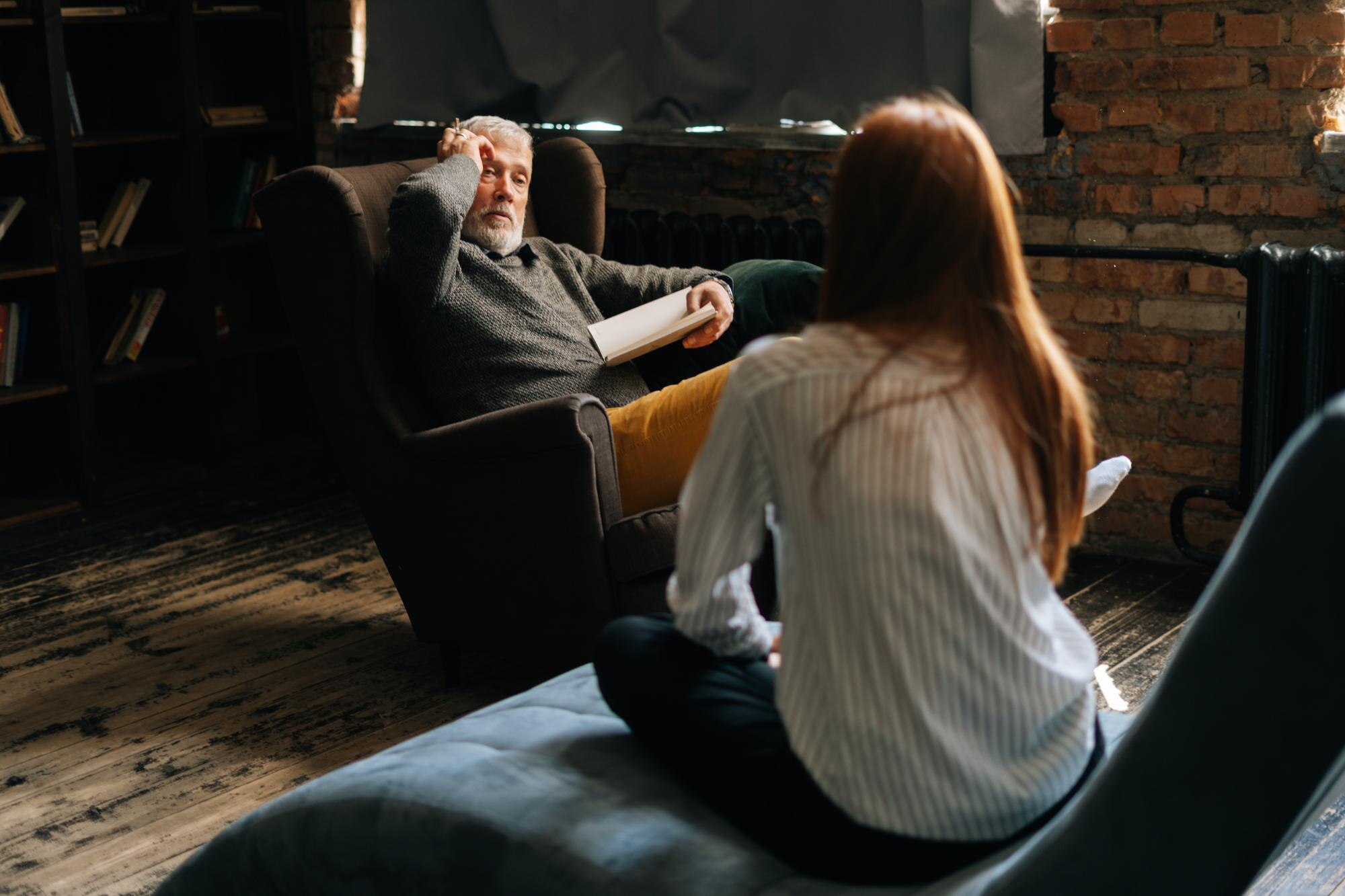
The Nurturer’s Guide to Emotional Eating Recovery: Embrace Your Path to Self-Love
You find yourself reaching for food not out of hunger, but as a balm for your emotions. Sound familiar? If you’re tired of the cycle of binge eating and want a compassionate approach to emotional healing, you’re in the right place. Welcome to “The Nurturer’s Guide to Emotional Eating Recovery.” Here, you’ll uncover practical insights and nurturing guidance to embrace your path to self-love. Discover how VK Circle’s non-clinical coaching can transform your relationship with food and yourself in just 90 days. Ready to start your journey to emotional freedom? [https://www.goodreads.com/shelf/show/emotional-eating]
Understanding Emotional Eating Recovery

Understanding emotional eating recovery involves recognizing the emotional triggers and cycles that drive our eating habits. By identifying these patterns, individuals can begin the process of healing and self-acceptance. This journey often requires shifting one’s perspective on food and emotions, and learning to differentiate between physical hunger and emotional needs. Key resources, like the Emotional Eating Workbook, offer step-by-step guidance in navigating these complex feelings.
Identifying Emotional Eating Triggers
Emotional eating triggers can stem from a variety of sources, such as stress, boredom, or loneliness. Understanding these triggers is crucial for recovery. Start by keeping a journal to track your mood and eating patterns. This practice can help you spot emotional eating habits and their underlying causes.
For some, emotional eating is linked to specific events or times, like after a long workday. Reflecting on these moments can reveal patterns. Are you eating because you’re hungry, or because you’re feeling overwhelmed? Recognizing the difference can be a significant step toward emotional healing.
Getting support from professionals or community groups can also aid in identifying and managing triggers. Engaging with resources like In Good Nutrition can provide additional insights and strategies.
The Cycle of Binge Eating
The cycle of binge eating often begins with an emotional trigger, leading to overeating, followed by feelings of guilt or shame. This cycle can be challenging to break without understanding its mechanics. Awareness is the first step. Recognize how emotional states can prompt binge episodes.
Breaking this cycle requires patience and self-compassion. Allow yourself to feel emotions without resorting to food for comfort. Seeking guidance from resources like the Healing Emotional Eating can provide practical strategies.
Consider these steps to interrupt the binge cycle:
Pause to identify what you’re feeling before eating.
Choose a non-food coping mechanism, like talking to a friend or taking a walk.
Reflect on the experience and learn from each episode.
Embracing Self-Love and Acceptance

Embracing self-love and acceptance is a crucial part of overcoming emotional eating. It’s about fostering a positive relationship with oneself and food, and learning to appreciate your body’s signals and needs. This shift in mindset can lead to healthier, more sustainable eating habits and emotional well-being.
Cultivating a Positive Relationship with Food
To cultivate a positive relationship with food, it’s essential to see it as nourishment rather than an emotional crutch. Begin by acknowledging that food is not the enemy. Instead, it’s a source of energy and enjoyment.
Shift your mindset by practicing gratitude for the food you consume. Appreciate its taste, texture, and the way it fuels your body. This approach can help reduce the emotional charge associated with eating.
Consider engaging with mindful eating practices, which encourage slowing down and savoring each meal. Resources like PMC Articles offer insights into the benefits of mindful eating and how it can transform your relationship with food.
Practicing Mindful Eating Habits
Mindful eating involves being fully present during meals. It encourages you to savor each bite, listen to your body’s hunger cues, and recognize when you’re satisfied. This practice can help reduce impulsive eating.
Here are some steps to practice mindful eating:
Eat without distractions, like TV or phones.
Chew slowly and notice the flavors and textures.
Check in with your hunger levels before, during, and after meals.
Mindful eating can create a more balanced relationship with food. Over time, this habit can reduce episodes of emotional eating, as it encourages awareness and appreciation for the eating experience.
Non-Clinical Coaching for Emotional Healing

Non-clinical coaching offers a unique approach to emotional healing. It focuses on personal growth and self-love, providing tools to help individuals break free from emotional eating patterns. VK Circle’s program is designed to empower those struggling with food-related emotional challenges.
Introduction to VK Circle’s 90-Day Program
VK Circle’s 90-Day Program is designed to support emotional healing through non-clinical coaching. This program focuses on emotional reprogramming, body acceptance, and self-love. Participants learn to identify emotional triggers and develop healthier coping mechanisms.
The program’s structure allows for personalized approaches, providing participants with the tools to navigate their unique challenges. By engaging with the program, individuals can start to transform their emotional relationship with food and themselves.
Key elements of the program include:
Weekly coaching sessions
Personalized action plans
Community support for shared experiences
How Coaching Fosters Self-Love and Growth
Coaching fosters self-love and growth by providing a supportive environment for personal exploration and change. Through guided sessions, individuals can uncover the root causes of their emotional eating and develop self-compassion.
Coaching techniques encourage introspection and self-awareness. By focusing on strengths rather than shortcomings, individuals can build a foundation for lasting change. The process is about empowering participants to take control of their emotional health.
VK Circle’s program offers:
Encouragement to embrace self-worth
Tools for emotional resilience
A safe space for sharing and healing
The journey of emotional eating recovery is deeply personal. Non-clinical coaching like VK Circle’s offers a compassionate and effective path to self-love and emotional freedom. 🌟



